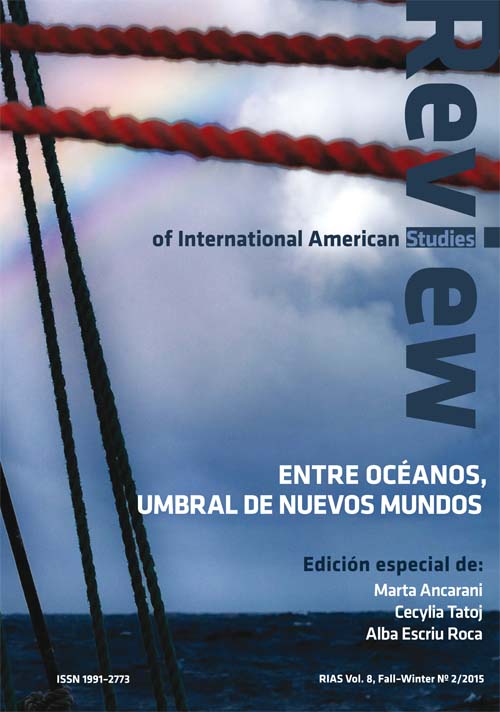PRECARIZACIÓN DEL TRABAJO MARÍTIMO: CASO DE MÉXICO. (1980–2006)
On Precariousness of Maritime Labor. The Case of Mexico (1980–2006)
Author(s): Alfredo Salazar LopezSubject(s): Language and Literature Studies, Studies of Literature, Other Language Literature, Cultural Anthropology / Ethnology
Published by: Wydawnictwo Uniwersytetu Śląskiego
Summary/Abstract: Currently, the debate on employment and economic performance develops along the lines of two traditional approaches to labor. One side of the debate is represented by the ‘neoclassical’ promoters of the idea that the market is the only factor regulating relations between employers and workers; the other side is represented by institutionalists proposing models for reform of labor markets based on business productivity and competitiveness of nations. However, those occupying the middle ground integrate in their arguments both the need for economic efficiency and the need for social justice, recognizing that forms of state regulation and control in the labor market are necessary. Hence, also the situation of maritime transport is suspended between two systemic assumptions: first, that the regulation of maritime labor should be governed by international standards, with no institutional freedom for each country to design its own rules, and that it should be based on a general model ratified by most nations. Second, compared to the neoclassical model, the present day condition of the shipping industry testifies to the fact that the ‘lack of laws regulating competition is responsible for the serious deterioration of the working conditions’ and that it curtails the space of collective negotiations warranting the seagoing personnel acceptable working conditions. Such a shortage of international regulations renders healthy balance in labor relations impossible. However, despite the present-day diagnosis of the situation, the discussion on the likely paths for the development of labor regulations on board of merchant vessels tends towards arguments presented by the institutionalists, who advocate the need to establish forms of regulation and state control over the market and its players. At present, such a form appears to be the only one leading to the achievement of at least a measure of labor protection at sea. Today, the mechanisms of the market for maritime work impacting the living conditions of the personnel may be seen as exemplified by the phenomenon of the so-called ‘crews of convenience’, i.e.: crews hired under precarious working conditions, which the workers accept seeing no other alternative to unemployment. Such contracts, signed without government or union mediation, in the context in which no international fair trade laws respecting work at sea exist, reinforce the case for national and international regulation. The phenomenon of the crews of convenience and, generally, the intensification of the deregulatory tendencies in the shipping industry, point to the actual as well as potential role of trade unions in the sector. The globalization of shipping has taken unions, born in the context of state regulations, by surprise. The proliferation of free flag shipping and the consequent reduction of national fleets, caused by the liberalization of markets, resulted simultaneously in the increase of the number of sailors hired under substandard...
Journal: Review of International American Studies
- Issue Year: 8/2015
- Issue No: 2
- Page Range: 55-81
- Page Count: 27
- Language: Spanish

